By the evening of Wednesday, the Presidential Election Petition Tribunal (PEPT) would have decided the fate of Peoples Democratic Party (PDP) presidential candidate, Atiku Abubakar, his counterpart in the Labour Party, Peter Obi and the All Progressives Congress (APC) flagbearer in that election, now President of Nigeria, Bola Ahmed Tinubu.
Would they affirm Tinubu’s election, order a rerun or pick one of the two petitioners as the authentic winner of the 2023 poll?
Here are the issues for determination by the five-man panel of justices headed by Justice Haruna Tsammani.
1. That INEC compromised the election by causing a deliberate glitch that delayed the upload of authentic polling unit-level results in real time on IRev. According to the petitioners, this led to the upload of ‘strange’ polling unit-level results, which included more than 18,000 or 11% of blurred results. The petitioners contended that since the blurred results formed part of the scores in the election, it would be dubious to announce a winner under such circumstances. They called for a rerun on this ground.
2. The petitioners argued that Tinubu’s margin of lead was far insignificant in comparison to the quantum of cancelled votes. Recall that Tinubu was declared winner of the election after polling 8,794,726 votes. Atiku came second by polling 6,984,520 votes. The margin of lead is therefore 1,810,206. Atiku, for instance, showed records of the Permanent Voters Cards (PVCs) collected in the respective polling units where elections were not held or were cancelled. Those polling units hold more than 1,810,206 votes, which is the margin of lead. He also argued that since the Electoral Act and INEC’s guidelines for the election anticipated such a scenario and provided for a supplementary election in such an event, INEC ought not to have declared Tinubu as President.
3. The justices will also determine if it is mandatory for the winner of the presidential election to score 25% in the Federal Capital Territory (FCT). The petitioners believe that 25% of the FCT is mandatory.
4. The justices will also determine if the judgment in the U.S. that confiscated over $400,000 of drug proceeds from Tinubu was weighty enough to disqualify him from office. Tinubu’s legal team said the case in question was a civil forfeiture, not criminal. But the petitioners cited a previous ruling of the Chief Justice of Nigeria, Kayode Ariwoola affirming that civil and criminal forfeiture are weighty enough to disqualify one from political office. Will the justices rely on that precedent set by the CJN? The justices will be expected to resolve that conundrum.
5. The justices will also determine if Tinubu’s credentials belong to a female as argued by Atiku, who tendered a subpoenaed historical record from Chicago State University showing the gender of the applicant to its institution to be female, with a different date of birth and a dual nationality – Nigerian and American.

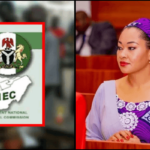
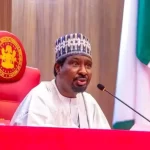
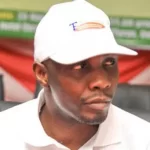

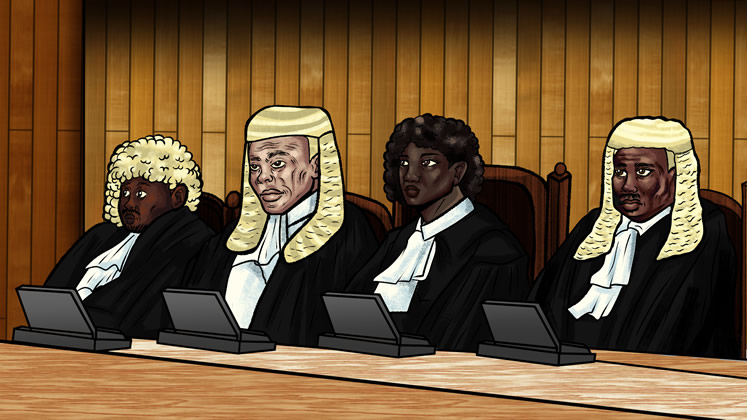
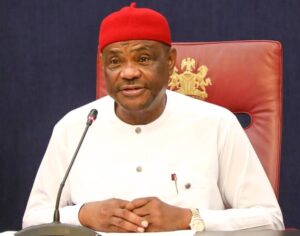
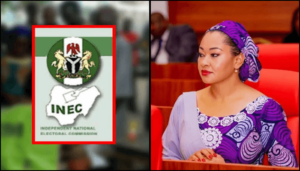
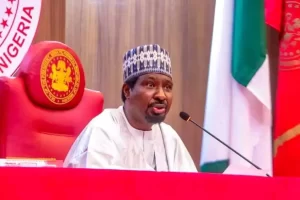
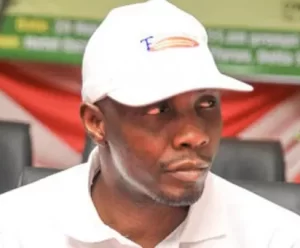
More Stories
Wike to critics: ‘I will live to sign condolence letters of those who said I collapsed’
INEC explains reason for abandoning recall of Senator Natasha
Uromi Killings: DSP Barau donates N16m to families of victims, reassures of justice